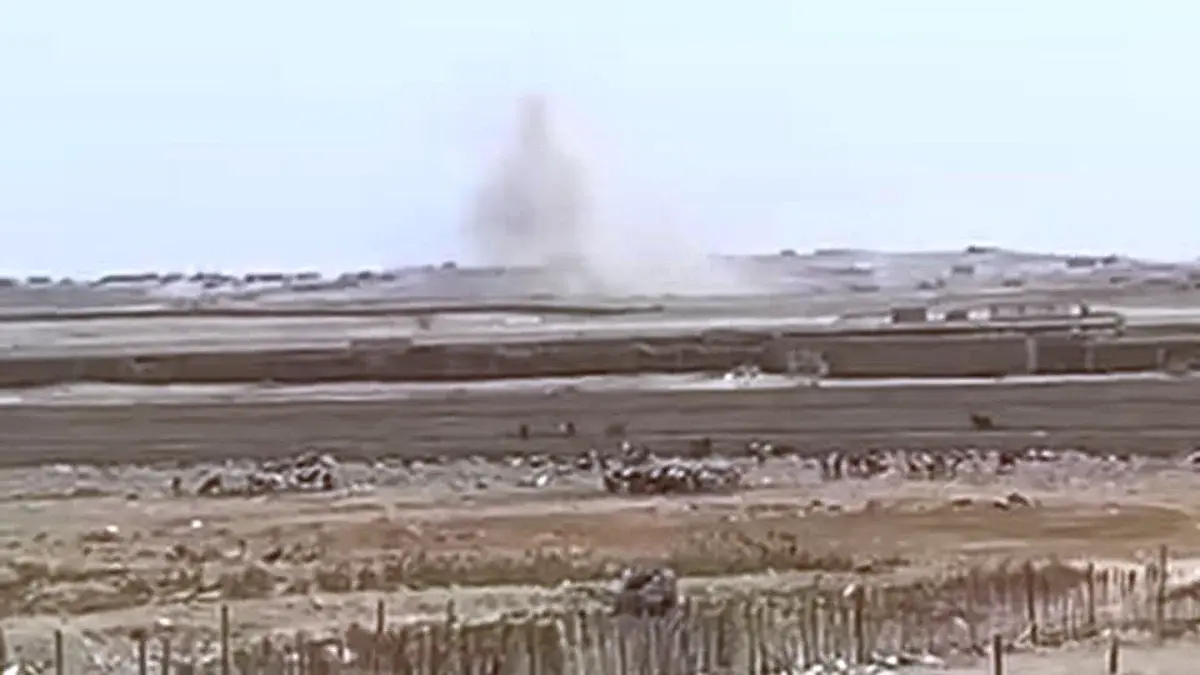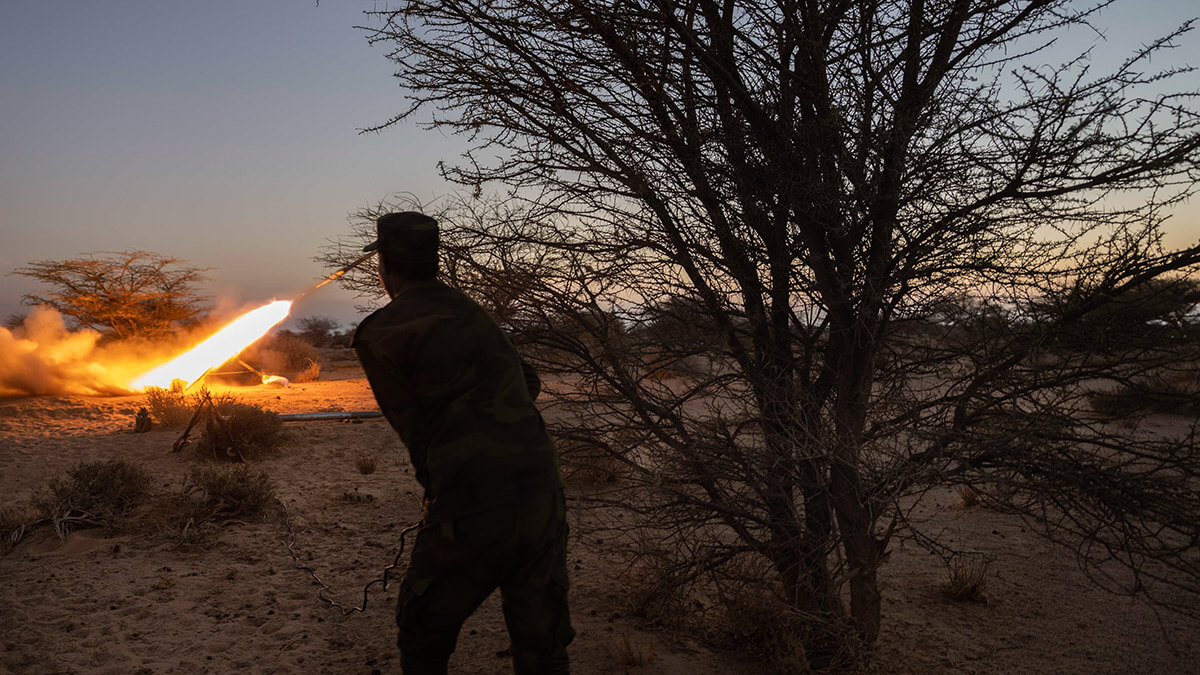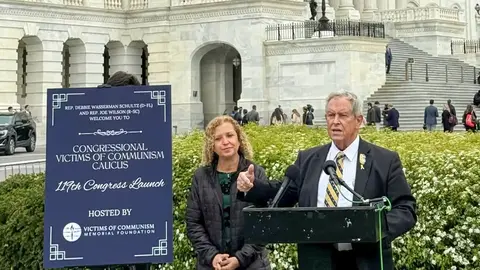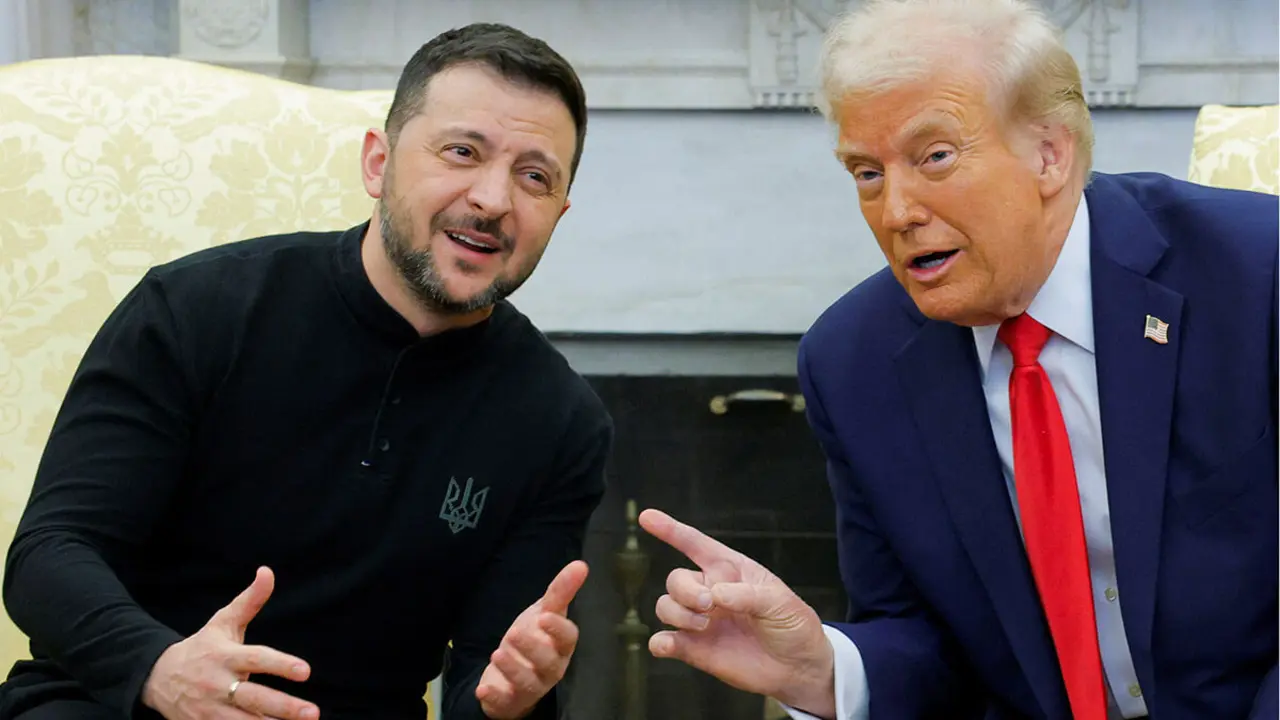The Polisario Front attacks Moroccan positions in Esmara

In an attempt to escalate the conflict with Morocco, the Polisario Front carried out several air strikes in the Esmara region of the Moroccan Sahara. Increasingly isolated politically, the Polisario Front has only succeeded in reinforcing Morocco's position based on the search for a peaceful solution, highlighting the lack of action by the United Nations Mission for the Western Sahara (MINURSO), and leaving Algeria in a difficult position.
Externally, the Polisario Front has been left in a position of weakness. Although sources within the Front reported that the missile launches were aimed at Moroccan military bases, the reality is that the attack constitutes a violation of Moroccan airspace. These attacks are the third to occur in the region since October 2023.

Immediately after the failed attack, MINURSO carried out an inspection on Friday night at the sites where the four missiles that struck near the city of Esmara, close to the MINURSO headquarters, landed. Members of the Royal Armed Forces accompanied the mission. The purpose of this visit was to prepare a comprehensive report to be submitted to UN Secretary-General António Guterres, including information on a ceasefire violation by the Polisario Front, as well as to identify the type of projectiles used and the points of explosion.
For Hisham Moataded, an expert on Moroccan strategic affairs, the attack cannot be seen as a change of course in foreign policy with regard to Western Sahara. Morocco's peaceful vision for resolving the conflict is based on absorbing the impacts without being drawn into open confrontation, as Algeria seeks to do through its Polisario affiliate.

For Morocco, the most likely scenario is the strengthening of its defensive capabilities in ‘hot spots’ through improved attack anticipation and early detection systems. But under no circumstances can Morocco's decisions be based on carrying out targeted attacks that could be interpreted as an option for open war between the Polisario Front (Algeria) and Morocco, which could undermine years of Moroccan diplomatic success.
International law experts have pointed out that Algeria's resistance to complying with international humanitarian law, especially in relation to the administration of the Tindouf camps, as well as its failure to comply with the recommendations of the Human Rights Council, could result in clear accusations of support for terrorism and put the country in direct confrontation with the global community.
For all these reasons, the Polisario's attack on a region such as Esmara, which is under Moroccan sovereignty, is a sign of the Front's attempt to compensate for its political and diplomatic decline, in the face of Algeria's silence, which is not making any moves in the conflict.









